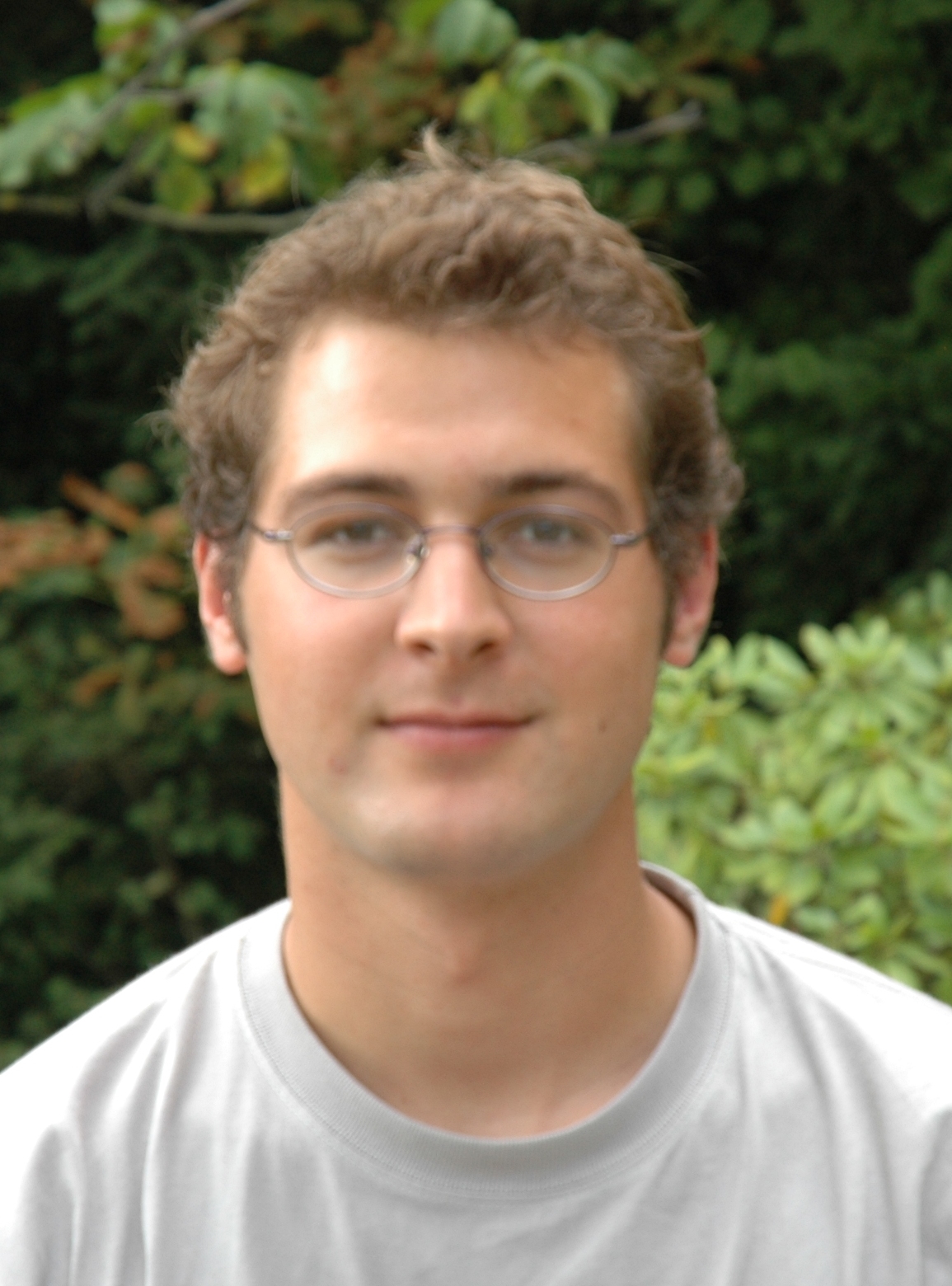Julian Bauer

Julian Bauer was scientific coordinator of the DFG Research Unit “What If?”. Prior to that he was a postdoctoral fellow in project P4 (2012-2015). His interests include History of Science, Intellectual History, Visual and Media Studies.
Felicitas Enders

Felicitas Enders obtained her MA degree from the Humboldt-Universität zu Berlin and was a Ph.D student in the project P8 “Conditionals and Discourse”. She is working on German Optatives and is particularly interested in experimental pragmatics.
Florian Ernst
Florian Ernst was a Ph.D. student in project P4 (2012-2015). His main interests are the history of science and the history of knowledge (focusing on the time around 1900).
Natasha Grigorian

Natasha Grigorian was a postdoctoral fellow at project P6 (2012-2015). To explore thought experiments in literary fiction, she is investigating responses to Thomas Malthus’s theory of population in Russian literature (19th and 20th centuries). In her wider research, Natasha Grigorian focuses on late 19th- and early 20th-century European literature and visual art, especially in Russia, France, and Germany.
Maximilian Huber

Maximilian Huber was a research assistant at SNSF and Ph.D. student of Marcel Weber’s. He tries to gain a better understanding of biological modality and modalities, respectively.
Bernhard Kleeberg

Bernhard Kleeberg is Professor of History of Science at the University of Erfurt. He was Juniorprofessor for the History of the Humanities and Social Sciences at the University of Konstanz and Principal Investigator for P4 (2012-2015). His research focuses on the history of social psychology and the historical epistemology and praxeology of truth.
Brian Leahy

Brian Leahy completed his Ph.D. in philosophy at the University of Connecticut in 2009 with a concentration in linguistics. Since then he was a postdoctoral fellow in the “What If?” unit, working for project P2. His work is deeply interdisciplinary; he has published in linguistics and philosophy venues and collaborates with developmental psychologists.
Arthur Merin
Arthur Merin is a former member of P1 (2012-2015). He holds degrees in anthropology, linguistics, philosophy, and psychology from the Universities of Cambridge, Stuttgart, and Sussex. His systematic research interests include the theories of meaning, knowledge, and action, in particular algebraic, probabilistic, and decision-theoretic semantics; the mathematics of the emotions, of poetics and of rhetoric; the methodology of philosophy, of the economic and cognitive sciences, of engineering, and of architectural design.
Guillaume Schlaepfer

Guillaume Schlaepfer is an FNS doctoral candidate in the department of philosophy, University of Geneva. He is interested in modal knowledge and the way in which thought experiments and scientific modeling relates to knowledge of possibility or plausibility of particular statements. His field of investigation is the philosophy of biology and he is particularly interested in evolutionary biology and population genetics.
Vera Shibanova
Vera Shibanova studied history, Slavic studies and cultural studies at the University of Konstanz. She is writing her Ph.D. thesis on the history of Soviet child studies (pedology) at LMU Munich and was Ph.D. student at P6. As a part of her project she investigates thought experiments in pedological works. Vera’s areas of interests are modern Russian and Soviet history, history of (social) sciences, literature and science, Russian formalism and gender studies.
Andreas Walker

Andreas Walker was Ph.D. student of P2. His research interests include donkey sentences, counterfactuals and presuppositions.
Maria Wargin

Maria Wargin is a doctoral student in philosophy at the University of Bochum. Her main research interests are Kant’s theoretical philosophy, classical German philosophy, and the philosophy of science. As a former member of P6 she focused on counterfactual thinking in Russian historiography, especially in the historical sciences of the Soviet Union.
